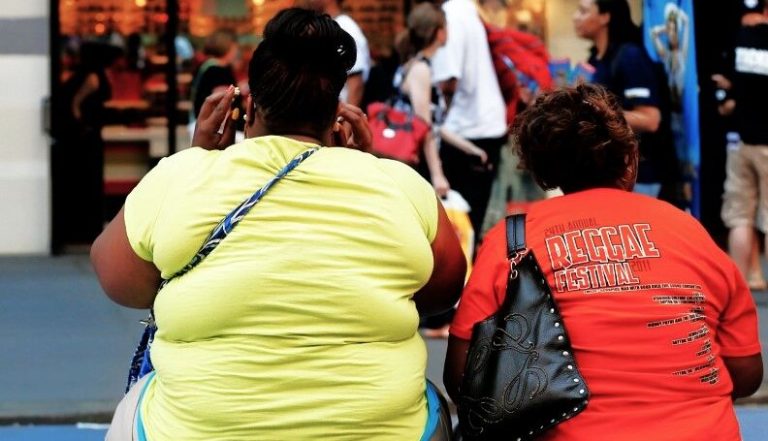In 2021, almost 45% of Black Missourians over the age of 18 were obese, according to a recently released Center for Disease Control and Prevention study.
The staggering facts were highlighted during Obesity Care Week, which ends March 3, 2023. The week focuses on the disproportionate impact of obesity on communities of color. Racial and ethnic minorities have a higher rate of chronic diseases, and African Americans have the highest rate among those groups.
According to recent data, almost 50% of African Americans have obesity, and approximately 4 out of 5 Black women have overweight or obesity.
The causes of obesity are complex, and a person’s access to healthy food, safe places to exercise and play, stable and affordable housing, access to quality health care, and social attitudes about body weight all play a role in whether a person will have obesity.
However, communities of color face unique challenges in each of these areas, health officials stated. In the United States, only 8% of African Americans live in a census tract with a supermarket, while 31% of white Americans have one.
Cultural attitudes about body weight also play a role, with non-Hispanic white women more satisfied with their body size than non-Hispanic Black women, and Hispanic women more interested in losing weight and eating healthy.
Kaiser Health News reports that “the best way to lose weight is to eat less and move more.”
-Little steps mean a lot. Losing just 10% of body weight can be effective in health improvement.
-Some people take medicines or have surgery to help them lose weight. Your doctor may also suggest counseling. If you use food to cope with depression, loneliness, anxiety, or boredom, you can learn new skills to deal with those feelings.
-You’ll have the most success if you make a long-term plan with your doctor. Your first goal will likely be to improve your health, not to reach an ideal weight.
Evidence shows that the African American population has less of an impact on existing weight loss interventions, with Black men and women achieving smaller weight losses.
Health officials noted that this suggests that intensive behavioral programs result in lower levels of adherence in Black people than whites.
For people who try to eat healthy, living in a food desert means that they must go to a grocery store. They often must do this by public transportation.
These disparities need to be addressed so that all communities have the resources and support they need to achieve and maintain a healthy weight.
Founded in 2015, Obesity Care Week has a global vision for a society that values science and clinically based care and understands, respects, and accepts the complexities of obesity.
“Obesity Care Week 2023 highlights the need for comprehensive and inclusive approaches to obesity care that consider the unique challenges faced by communities of color,” Joe Nadglowski, Obesity Action Coalition (OAC) president and CEO, said in a release.
“It provides us with an opportunity to influence the way society views obesity and treats those affected by the disease. “As our scientific understanding of obesity grows, it’s time for everyone to recognize obesity as a complex, chronic disease that should be treated in the same way as other illnesses and chronic diseases.”
Organizers have focused on changing the way society cares about obesity and have worked to empower individuals by providing affordable and comprehensive care and prevention programs, increasing awareness of weight bias, and working to eliminate obesity. Researchers said obesity not only affects overall health, but it also increases the risk of complications from COVID-19.
According to a recent study of hospitalized patients in the US, obesity may also predispose patients to getting the virus and is the strongest predictor for COVID-19 complications.
Unfortunately, African Americans are also disproportionately affected by COVID-19. According to the CDC, 33% of those hospitalized with the virus were African Americans, compared to 13% of the US population.
Inequities in access to and quality of care result in poor overall health and many chronic diseases, such as obesity and diabetes. This can affect individuals’ chances of getting COVID-19.




